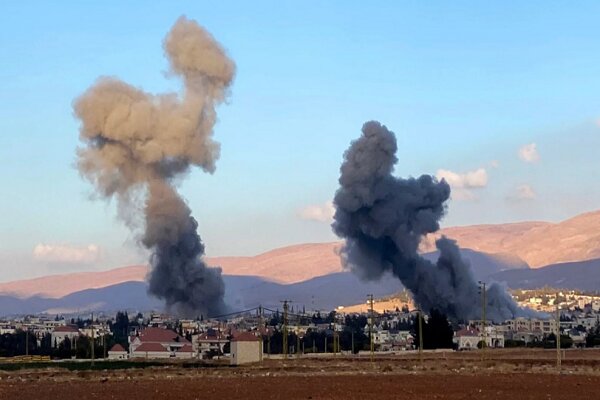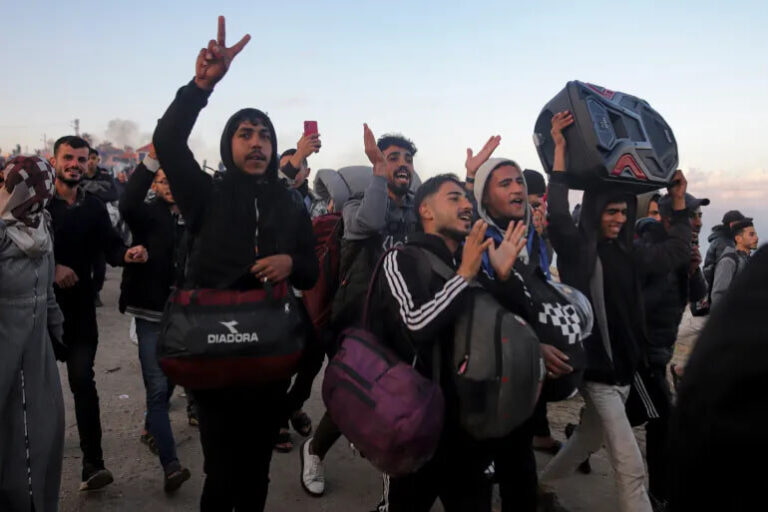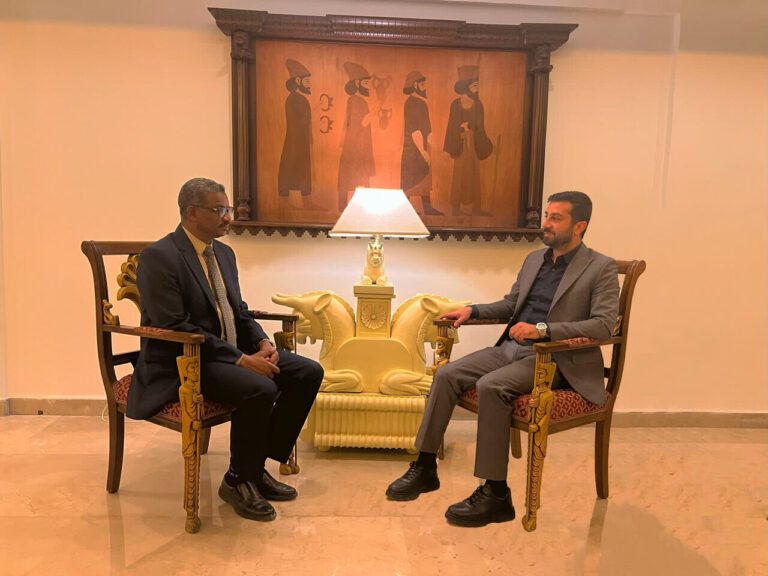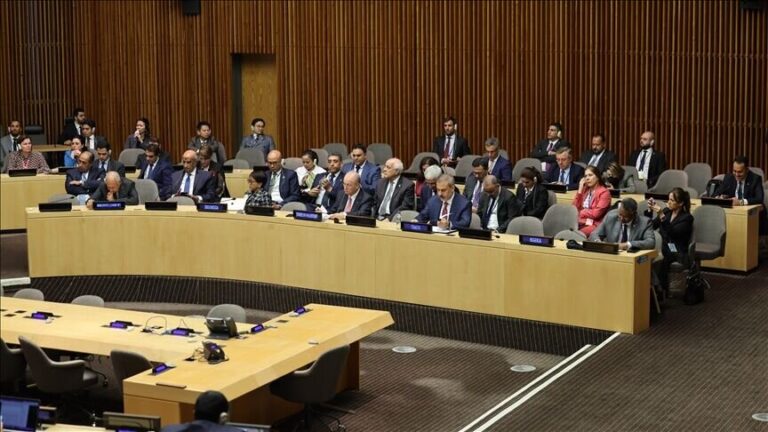Tragic Israeli Drone Strike Claims 6 Lives in Eastern Lebanon
The ongoing tensions between Israel and Lebanon have reached new heights as Israeli warplanes conduct intensive flights over southern Lebanon. Recent reports from the National News Agency (NNA) highlight the escalating situation, particularly in the village of Adaisseh, where the Israeli military has executed detonation operations.
As the conflict stirs, municipalities in western and central southern Lebanon are urging caution among residents, journalists, and visitors due to the lingering threat of landmines. These explosives, reportedly left behind by Israeli forces, have been transformed into traps targeting unsuspecting civilians.
Since the ceasefire that was established in November 2024, which halted a year-long conflict between Hamas and Israel, the region has not found peace. Despite the truce, Israeli forces have been accused of conducting sporadic attacks in Lebanon, justifying their actions by claiming that Hezbollah has violated the ceasefire agreement.
The Lebanese government has consistently condemned these Israeli incursions. Following Israel’s failure to adhere to an initial withdrawal timeline from southern Lebanon, authorities in Lebanon have extended this deadline, now set for February 18.
Key points from the recent developments include:
- Intensive Israeli Air Operations: Reports indicate that Israeli warplanes are actively conducting mid-altitude flights over southern Lebanon, heightening fears of an escalation.
- Detonation Operations: The Israeli military has executed detonation operations in areas like Adaisseh, raising alarms about the safety of local residents.
- Landmine Warnings: Many municipalities have issued alerts regarding landmines left by Israeli forces, emphasizing the potential danger to civilians.
- Ceasefire Violations: Despite the ceasefire agreement, Israeli forces claim to be responding to violations by Hezbollah, which has led to ongoing military actions.
- Government Condemnation: The Lebanese government has repeatedly denounced Israeli attacks, calling for a return to peace and stability.
- Extended Withdrawal Deadline: Following Israel’s non-compliance with a previous deadline, Lebanon has extended the timeline for withdrawal to February 18.
The situation remains precarious as both sides navigate the complexities of their ongoing conflict. The potential for further military action looms large, and the international community is closely monitoring the developments in the region.
As tensions between the two nations continue, the humanitarian implications are significant. Civilians in southern Lebanon are particularly vulnerable, facing the dual threats of military operations and the dangers posed by unexploded ordnance. The Lebanese government’s warnings serve as a crucial reminder of the lasting impact of conflict on local populations.
Moreover, the international response to this situation is crucial. Observers worldwide are calling for diplomatic efforts to address the root causes of the conflict and to ensure that the ceasefire holds. The involvement of international organizations may be necessary to facilitate dialogue and prevent further escalation.
In conclusion, the recent activities of Israeli forces in southern Lebanon reflect ongoing tensions that jeopardize the fragile peace established by the November 2024 ceasefire. As both sides prepare for potential confrontations, the safety of civilians remains a paramount concern. The commitment of local and international stakeholders to peace and stability will be essential in the days to come.
As we continue to observe the developments in this region, it is critical to stay informed about the implications of these military actions on the local populace and the broader geopolitical landscape. Only through concerted efforts can a lasting resolution be achieved, ensuring safety and security for all involved.






